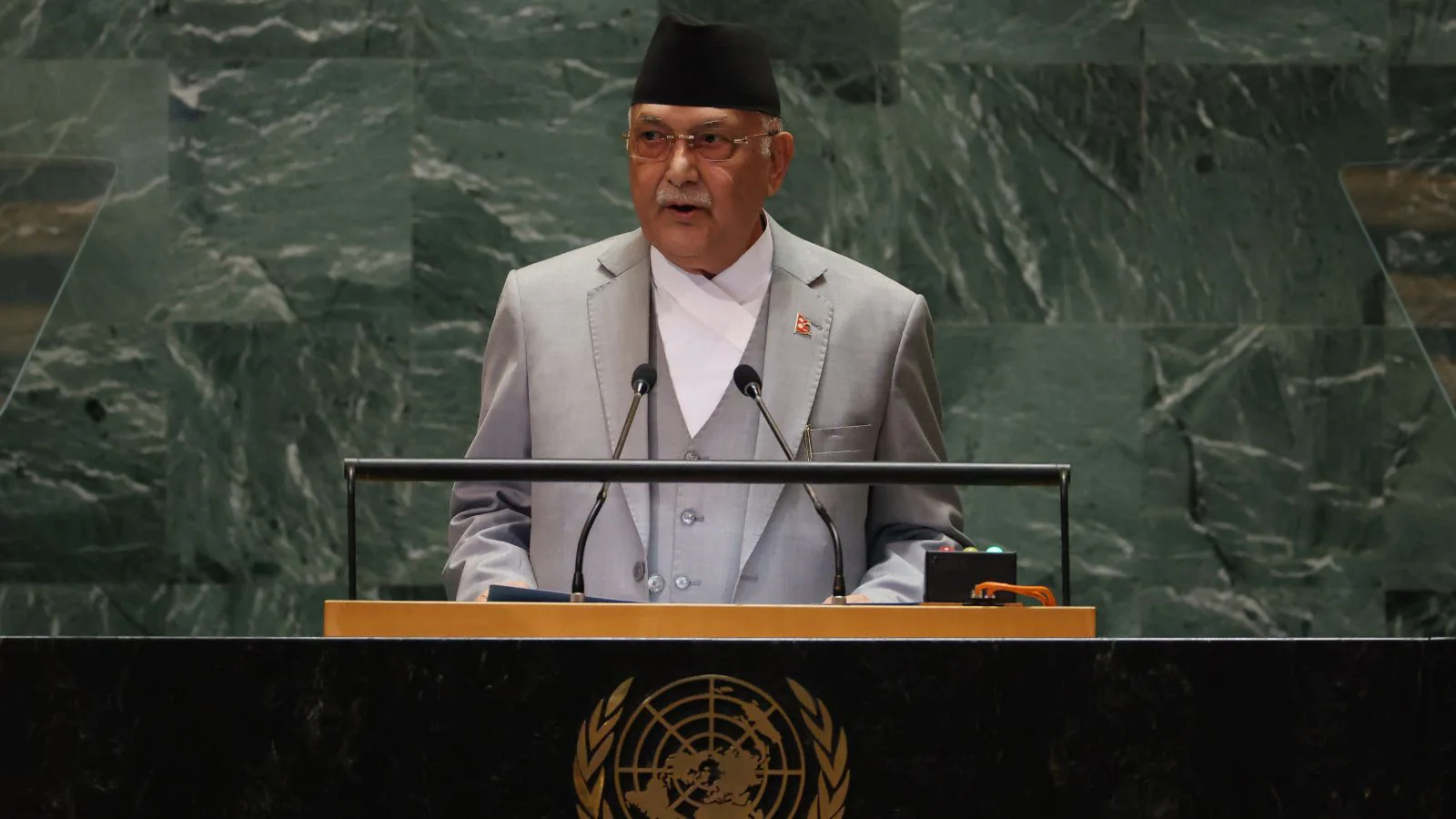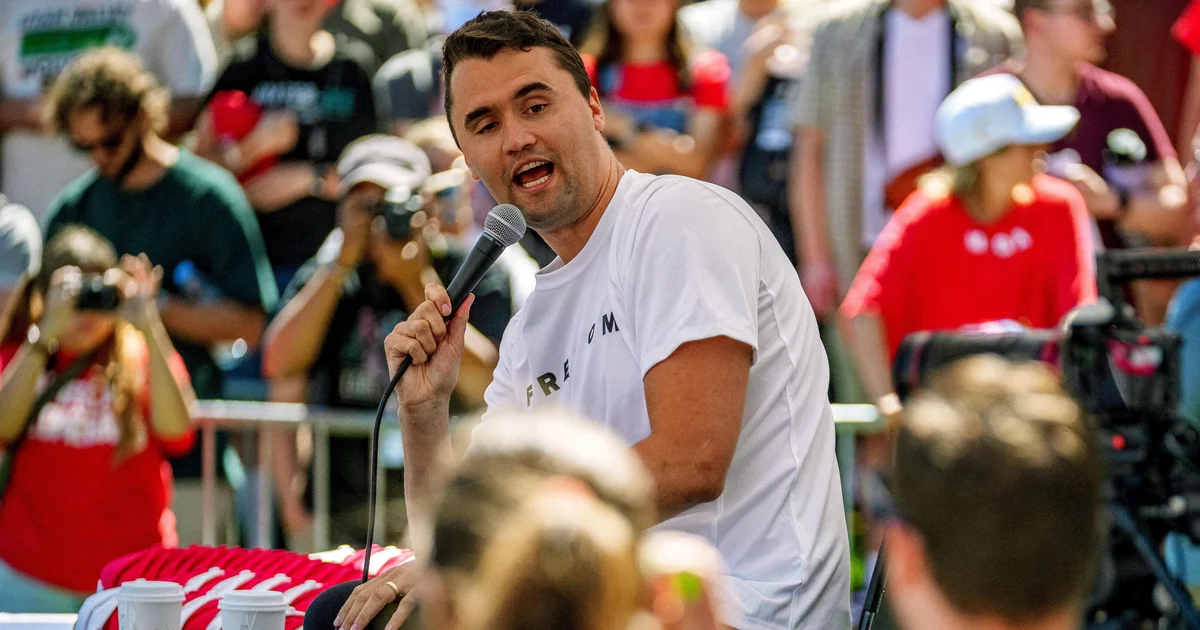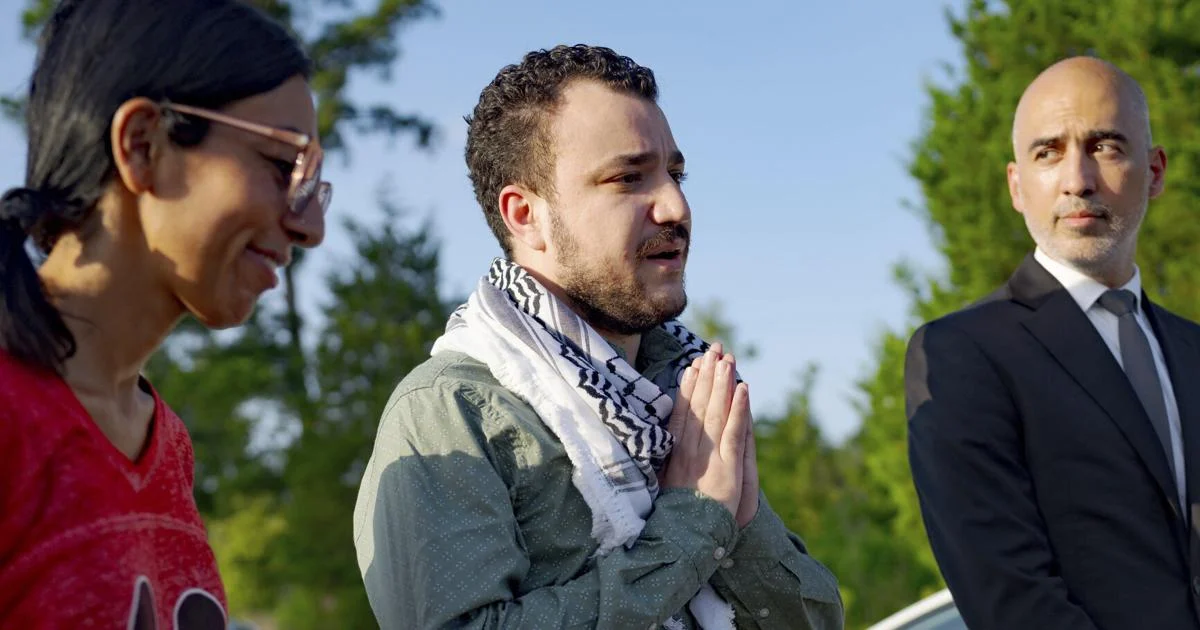By Arun Anand,News18
Copyright news18

After being unseated by the massive Gen Z–led protests that claimed 72 lives, former Nepal Prime Minister KP Sharma Oli made a thinly veiled attack accusing India of the loss of his power.
Oli’s comments need to be seen in the context of his politics that has primarily been based on fuelling anti-India rhetoric since he came to power for the first time in 2015. He had started his stint by accusing India of a “blockade” though multiple Madhesi groups in Nepal had claimed that they had carried out this blockade because their constitutional demands could not be met in the 2015 constitution. Later, he talked to agitated Madhesi groups to build a consensus.
Oli again made a controversial statement saying: “Corona virus coming from India is more dangerous than Chinese or Italian virus” — making things difficult for both Indian and Nepali diplomats. He is also known to have politicised the Kalapani-Lipulekh issue, which otherwise could have been resolved through bilateral negotiations.
In July 2020, he said “real Ayodhya” is in Nepal, calling India’s Ayodhya “fake”. In 2021, it was claimed that yoga “originated in Nepal and India was not even born” at that time. Such political rhetoric is detrimental to the India-Nepal relationship, which has been unique due to the common cultural heritage that both countries share.
His statements caused a deep rupture in the relationship. In 2024, when he became Prime Minister for the fourth time, he met his Indian counterpart Narendra Modi during the sidelines of the United Nations General Assembly and then at the BIMSTEC summit in Thailand in April 2025.
The Centre responded cautiously to his fourth term given his past record of peddling anti-India rhetoric. Oli visited China for his first state visit after assuming office; traditionally, the Nepali PMs have made their first state visit to India.
Nevertheless, in a popular podcast in Nepal, he claimed that there are no “issues” with India, as there was going to be an official visit to New Delhi by the Nepal Prime Minister in mid-September. India’s foreign secretary had formally extended an invitation to Oli in August as well.
With or without Oli, India has been steadfastly Nepal’s foremost developmental partner and ally. India and Nepal have also done exceptionally well in bilateral projects and cooperation over the last few years, be it the power export to Bangladesh via India or the development of multiple petroleum pipelines.
The India-Nepal rail and inland water connectivity MoU was discussed during Oli’s tenure. It is worth noting that India has its own concerns about China’s rising influence in Nepal, but India didn’t allow that to come into the way of bilateral cooperation.
But Oli sees an “invisible” Indian hand in all protests and demonstrations happening in Nepal though the primary reason for that is the growing discontent among common people of Nepal due to corruption and unemployment.
In March, when pro-monarchy protests happened, then too Oli talked about Indian “involvement” and, now, after the ‘Gen Z’ protests, he has again targeted India. It is worth mentioning that protests have a rightful place in any democracy, and these protests happened because he triggered the large tech-savvy youth population with the ban of 26 social media applications.
It depends on the authorities on how protests are dealt with. The violence and vandalism that Nepal faced happened after some protestors had been shot by the law enforcement authorities. Before the police shootings, these protests had largely been peaceful.
Oli’s anti-India rhetoric is arguably aimed at taking the attention away from the misrule that Nepal faced under him. He lost power after ‘Gen Z’ protests because of not being accountable to the citizens, not acting against corruption, and taking people’s mandate for granted.
People of Nepal got fed up with Oli’s politics. The plethora of comments on his Facebook account bear testimony to the anger and disgruntlement of the common Nepalis. Instead of learning from the past mistakes and doing course correction, his rants against India wouldn’t do any good to his political career.
For Nepal’s long-term stability and prosperity, leaders in Kathmandu need to realise that they should shed the anti-India rhetoric and prioritise constructive engagement with India. When one looks at India-Nepal relations in the past, it becomes clear that cooperation — rather than confrontation will bring mutual benefits for both nations.
Leaders like Oli may try to invoke anti-India narratives for short-term gains, but the foundation of India-Nepal relations would remain largely unaffected in the long run due to the longstanding people-to-people ties, shared economic and geo-political and cultural affinity. India-Nepal relations are far too deep-rooted to be defined by the political compulsions of one leader or a group of leaders who peddle anti-India rhetoric.
(The writer is an author and columnist. His X handle is @ArunAnandLive. Views expressed in the above piece are personal and solely those of the author. They do not necessarily reflect News18’s views)



